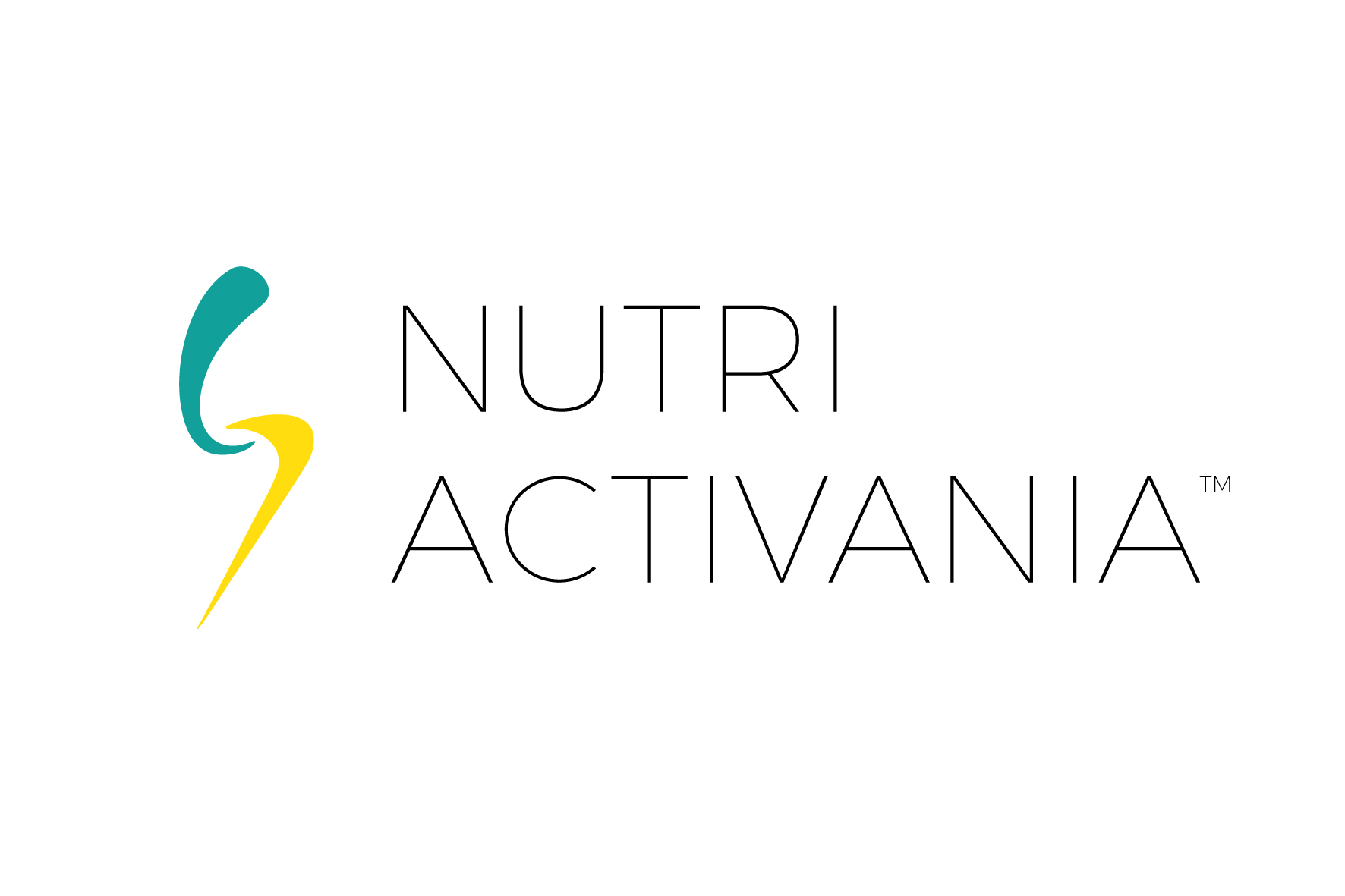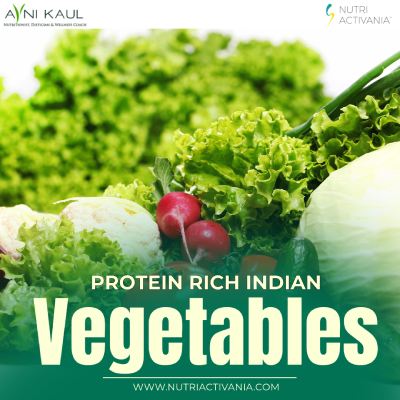Amidst busy schedules, it is crucial to prioritize a balanced diet to maintain overall health and well-being. Did you know that among the crucial macronutrients, protein plays a vital role in building and repairing body tissues, synthesizing enzymes and hormones. It also serves as the fundamental building blocks for bones, blood, skin, cartilage, and muscles. In fact, protein deficiency can lead to various health issues, including physical weakness, impaired cognitive performance, poor appetite, reduced work capacity, muscle fatigue, and gradual weight loss. It can also hinder physical and mental development in children.
Many people believe that vegetarians have a limited choice when it comes to adding protein to their diet as compared to non-vegetarians who can fulfill a significant portion of their daily protein intake by consuming meat alone. However, Indian cuisine offers a rich variety of Indian veggies that are rich in protein. Let us learn more about these from Delhi’s top nutritionist and dietitian, Avni Kaul.
Which vegetables have the highest protein?
Spinach – This green veggie is a rich source of protein besides iron. With approximately 5 grams of protein per cooked cup, spinach offers a nutrient-dense addition to any vegetarian meal. Whether you are sautéing it with garlic, tossing it into salads, incorporating it into dishes like saag, soup, or paratha, or blending it into smoothies, spinach stands out as a delicious way to up your protein intake while savouring its earthy goodness.
Edamame – Another vegetable that has gained popularity in the Indian culinary landscape is Edamame or soybeans that have been harvested three months before they mature. With approximately 18.4 gms of protein per serving, this young soybean is a rich source of protein for vegetarians. It is not only easy to prepare but also delicious to eat. Take it as a snack or part of a meal. You can even eat them in the pods or as beans. Its smooth buttery texture adds extra flavor to your dish.
Cauliflower – Cauliflower, also called phoolgobhi in India, is a white cruciferous vegetable. It is packed with plant-based protein, offering around 2 grams per cooked cup. Fitness enthusiasts love its versatility. You can add it to different dishes like fried rice or a pulao, aloo-gobhi ki sabji, creamy purees, or roast it or bake it, cauliflower offers a range of culinary possibilities.
Broccoli – Belonging to the same family, Brassicaceae, Broccoli is often called the green cousin of cauliflower. It is a protein powerhouse, containing all essential amino acids. With its high protein content, broccoli stands as a superb meat alternative, ensuring satiety when integrated into your daily meals. Whether steamed, roasted with a touch of olive oil, tossed into salads, or mixed into pasta dishes, broccoli offers versatility and abundant protein and fiber. A cup of chopped raw broccoli yields approximately 2.6 grams of protein, while cooked broccoli provides about 1.9 grams per cup.
Kale – Kale, a cruciferous vegetable, is abundant in protein. Enjoy this highly nutritious vegetable, which offers nearly 4 grams of protein per 1 cup serving when cooked. Add it into soups and salads, create kale chips, or experiment with your own recipes. Kale maintains it’s texture effectively through various cooking methods such as steaming, stir-frying, roasting, or consuming it raw. Blend it into smoothies, roast it for kale chips, incorporate it into soup for a wilted effect, mix it with potatoes, or transform it into pesto.
Green Pea – Did you know that green peas rank as the most protein-rich vegetables? Technically classified as legumes, their vibrant green color and delicate flavor often categorize them as vegetables. Despite their small size, peas are surprisingly rich in protein with approximately 8 grams of protein per cooked cup, offering a nutritious protein boost. Whether added to curries, transformed into kachoris, or savored as a steamed side dish with butter, peas contribute both sweetness and protein power to your meals. What’s more! They can even be consumed raw.
These are just a handful of the protein-packed vegetables expertly curated by nutritionist Avni Kaul. From the versatile spinach to the protein-rich green peas, these veggies not only elevate the nutritional value of vegetarian meals but also tantalize taste buds with their delicious and creative culinary possibilities.
- Amazing Indian Foods to Lower Your Blood Pressure Level Naturally - April 26, 2024
- Fruits That Can Help You Lose (or Maintain Your) Weight - April 23, 2024
- What are the Potential Health Benefits of Raw Sprouts? - April 20, 2024

